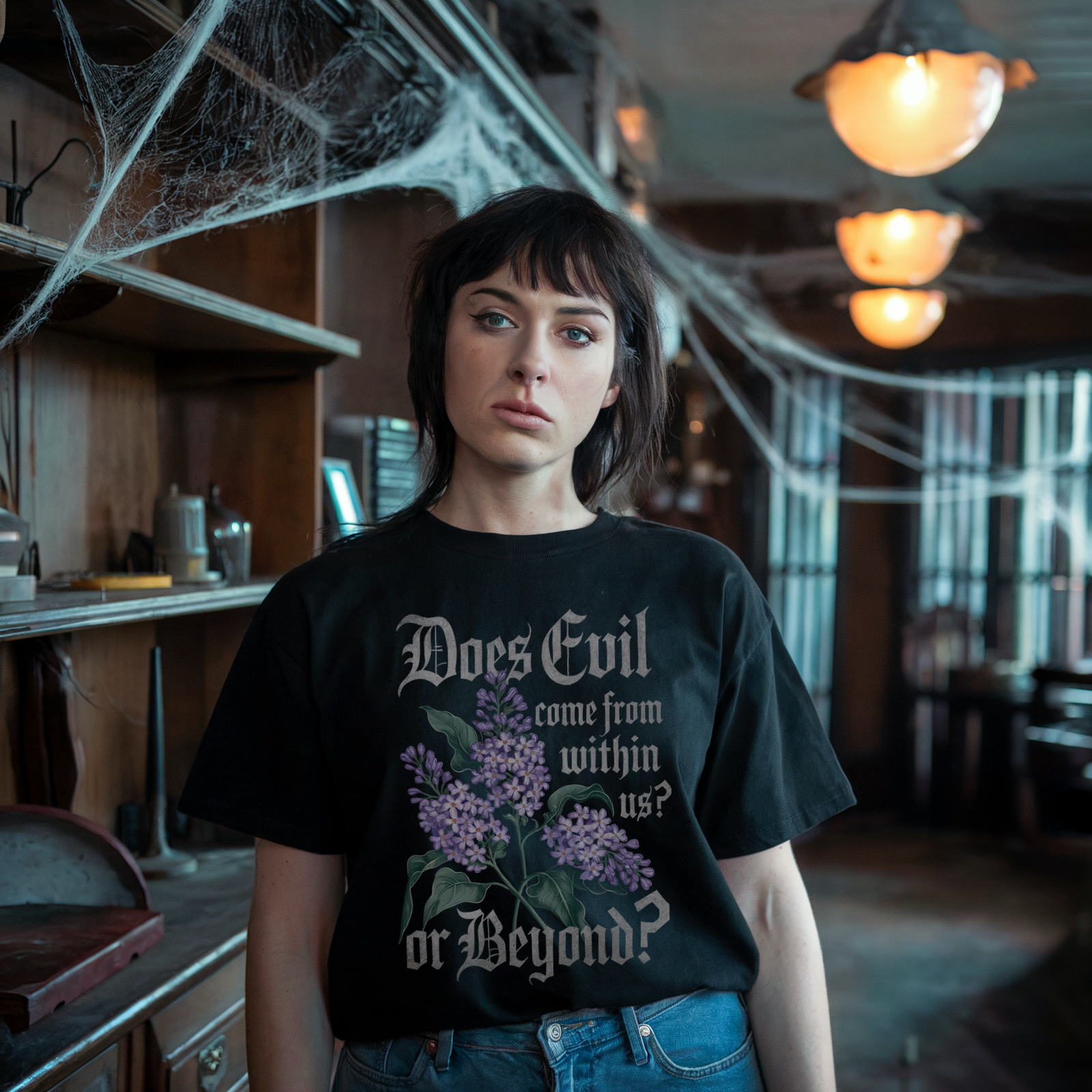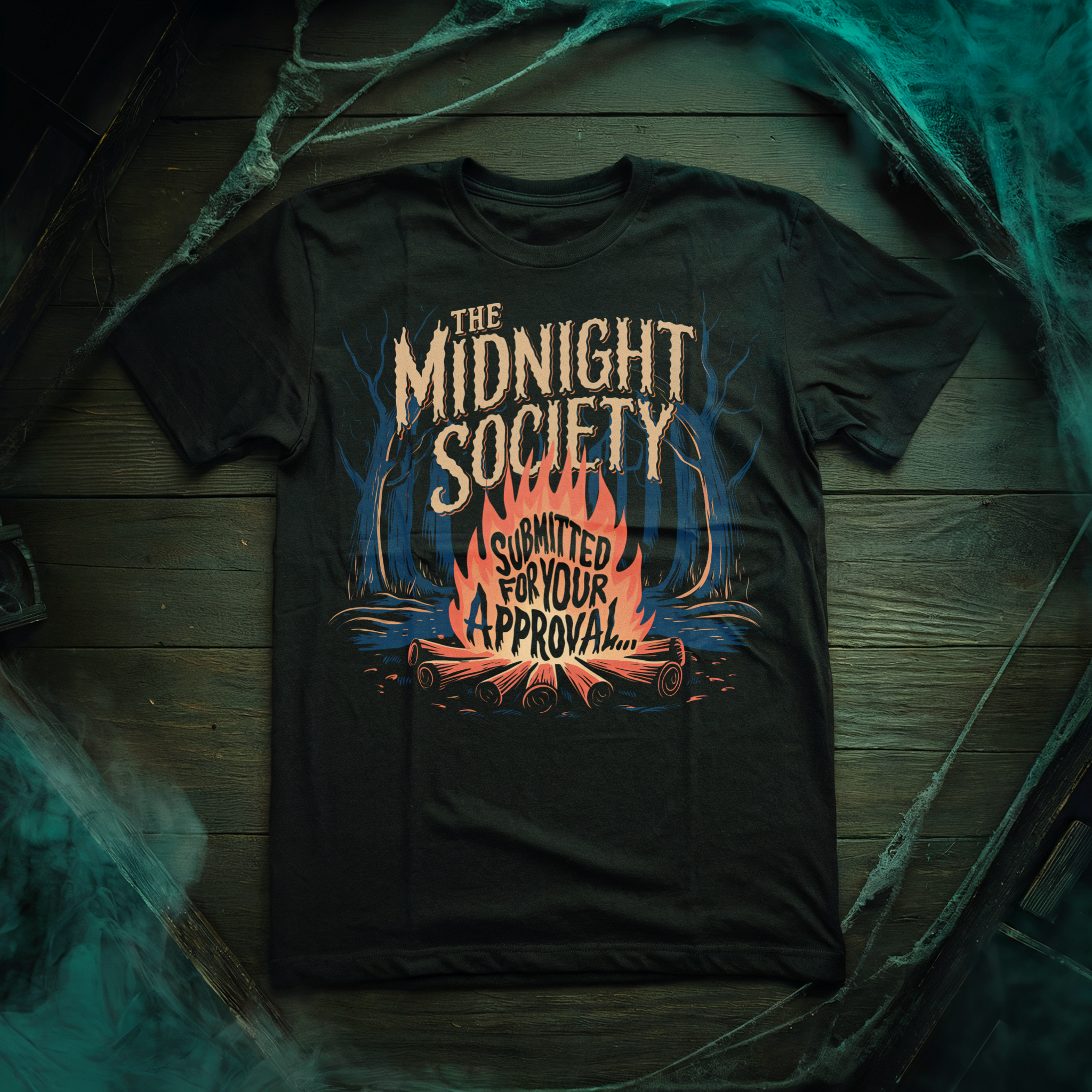Serial killers have existed forever but our understanding of them is fairly new, and we’ve been obsessed since their discovery. Chief among those obsessions is Ted Bundy, a charismatic killer whose case was highly publicized and whose execution was openly celebrated. Beginning in the late 1970s, the FBI began conducting extensive interviews with inmates to better understand the behavior of serial rapists and serial murders. Using the notes, tape recordings, and recollections of FBI Interviewer Bill Hagmaier, No Man of God delves into the murky waters of the criminal mind and one of America’s most dangerous killers.
Directed by Amber Sealey (How To Cheat) from a screenplay by C. Robert Cargill (Sinister), No Man of God celebrated it’s World Premiere at the 2021 Tribeca Film Festival. The docudrama stars Elijah Wood (Come To Daddy) as real-life FBI criminal profiler Bill Hagmaier and Luke Kirby (Halloween: Resurrection) as convicted serial killer Ted Bundy. He really looks the part too! Call it movie magic, call it a great hair & makeup team, Kirby is a dead ringer for Bundy. But we’re not exactly here to judge a cosplay contest, and looks will only get you so far.
“No Man of God delves into the murky waters of the criminal mind and one of America’s most dangerous killers.”
Assigned to chat with the one subject no one on his team wants to touch, criminal profiler Bill Hagmaier sits down with Ted Bundy in hopes that he will gain a better understanding of what makes a serial killer like Bundy tick. To everyone’s surprise, Hagmaier and Bundy struck up a strange friendship resulting in a body of work that has helped change the face of police work forever. Why do people like Ted Bundy kill? How do they rationalize their behavior? Is their desire to rape and murder influenced by early exposure to pornography (as Bundy claimed after his conviction)? We seem to still be asking those very questions today, but thanks to the interviews that are the basis of No Man of God we are now better equipped to identify and understand them.
The comparisons to Netflix’s Mindhunter series are obvious (not to mention Joe Berlinger’s Conversations With A Killer: The Ted Bundy Tapes). Both feature criminal profilers talking with serial killers. Both are set in the late 70s/early 80s. Both relish in those dark fantasies of murderers- but what separates No Man of God from the rest of the pack is hard to point to. Its biggest achievement in this “dramatized-killer-spills-the-beans” subgenre of true crime is incredibly subtle and, I believe, dangerously understated.
![No Man of God Still 3 [Tribeca 2021 Review] An FBI Interviewer Strikes Up an Unlikely Friendship With Serial Killer Ted Bundy in NO MAN OF GOD 11 No Man of God_Still 3](https://nofspodcast.com/wp-content/uploads/2021/06/No-Man-of-God_Still-3.jpg)
Most tragic to me are these brilliantly impactful moments when we see women reacting to Bundy. Given that the major cast is just two men, those moments are short-lived but when they come they hit hard. It’s maybe no surprise that everyone obsessed with Bundy, everyone using him as a pawn in their own games, are men. They have the luxury of finding a person like Bundy intriguing or useful because they are not in danger of becoming a victim. They don’t have to worry about all the Ted Bundy’s of the world yet to be caught.
There are also threads of conversation surrounding the treatment of a person like Bundy after they become a commodity of the populace. Every person that speaks with him wants something from him or wants to use him as a poster boy for something. Boo-hoo, but still, an interesting angle that isn’t explored nearly as much as the budding friendship between this odd couple. With the friendship of Hagmaier and Bundy as the main focus of the film, you might expect that No Man of God is meant to humanize Bundy but it never does. He is pure human evil at the start, and he’s pure human evil in the end. The film features two strong performances from Wood and Kirby, but I’m not entirely sure why the story needs to be told.
“No Man of God is by no means the be-all-end-all of Bundy profiles but serves as a showcase piece for Elijah Wood and Luke Kirby…”
In some regard, No Man of God is reflecting on the dark nature of our obsession with serial killers. I see that in those sad, silent reactions from the women around Bundy in his final days. As well, the film puts its foot down on the “I was turned into a deviant because of pornography” argument, but I had always assumed that conversation was over just about as quickly as it started. No Man of God is by no means the be-all-end-all of Bundy profiles but serves as a showcase piece for Elijah Wood and Luke Kirby, throwing Cargill’s dialogue back and forth at each other, as seen through Sealey’s victim-conscious lens.
Amber Sealy’s No Man of God celebrated it’s World Premiere at the 2021 Tribeca Film Festival. Click HERE to follow our full coverage of the festival and be sure to let us know what you thought of the film over on Twitter, Reddit, Facebook, and in the official Nightmare on Film Street Discord. Not a social media fan? Get more horror delivered straight to your inbox by joining the Neighbourhood Watch Newsletter.
![No Man of God Still 2 [Tribeca 2021 Review] An FBI Interviewer Strikes Up an Unlikely Friendship With Serial Killer Ted Bundy in NO MAN OF GOD 12 No Man of God_Still 2](https://nofspodcast.com/wp-content/uploads/2021/06/No-Man-of-God_Still-2.jpg)





![No Man of God Still 1 [Tribeca 2021 Review] An FBI Interviewer Strikes Up an Unlikely Friendship With Serial Killer Ted Bundy in NO MAN OF GOD 10 No Man of God_Still 1](https://nofspodcast.com/wp-content/uploads/2021/06/No-Man-of-God_Still-1.jpg)



